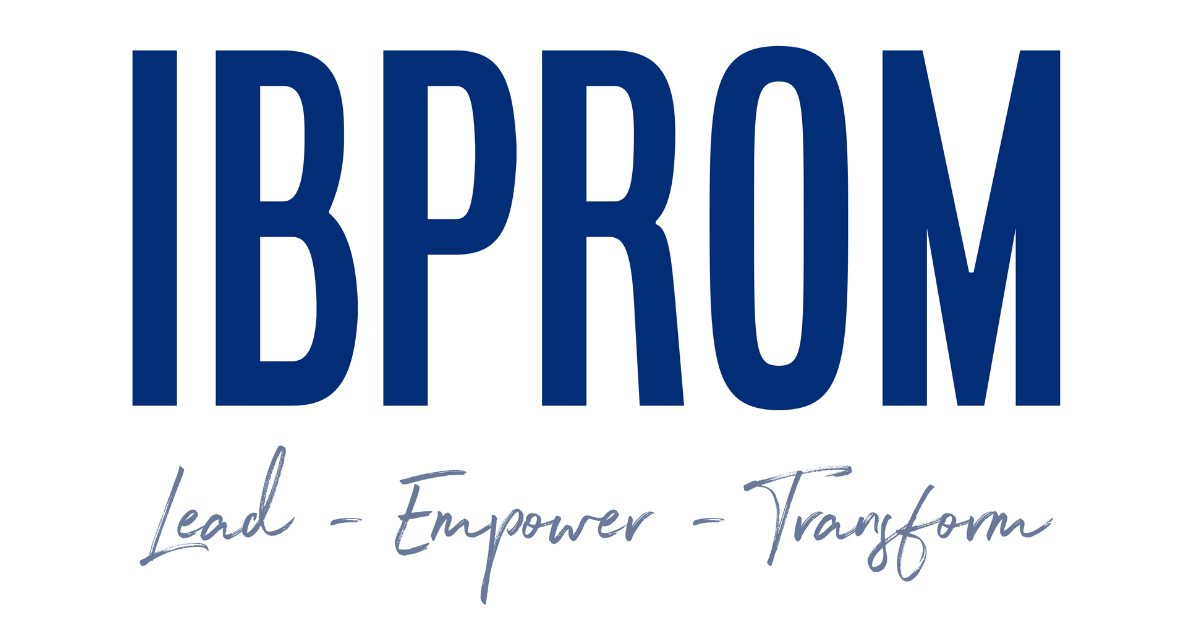Exceptional communication is a cornerstone of effective leadership. Strong communicators can articulate their vision, expectations, and feedback clearly and persuasively, fostering a cohesive, high-performing team. By refining their communication skills, leaders can unlock their team's potential, establish trust, and stimulate collaboration across their organization. In today's increasingly connected and diverse workplace, the ability to effectively communicate with individuals from a broad range of backgrounds and experiences is more important than ever.
Mastering communication in leadership involves much more than just the art of speaking. It encompasses an array of abilities, including active listening, empathy, presentation skills, conflict resolution, and nonverbal communication. These skills enable leaders to connect with their team members on a deeper level, understand their needs, and provide the necessary guidance to propel them towards success.
Developing robust communication skills is essential to creating a thriving, innovative organization. Evidence-based assessments, facilitation, and coaching can equip leaders with the tools and insights needed to fine-tune their communication capabilities and, in turn, cultivate a high-performance culture. In this article, we will delve into the importance of effective communication in leadership, the key elements of strong communication skills, and how assessment, facilitation, and coaching can support leadership development in this critical area.
Enhance your leadership capabilities and empower your teams with exceptional communication skills. Learn more about our evidence-based assessments, facilitation, and coaching programs designed to elevate your communication prowess.
The Importance of Effective Communication in Leadership
- Clarity and Alignment: Clear and concise communication is vital to ensure that all team members are aligned with the organization's vision, goals, and objectives. By effectively conveying expectations, leaders can minimize misunderstandings, reduce errors, and streamline team efforts towards achieving common goals.
- Trust and Collaboration: Strong communication fosters trust by demonstrating transparency and openness. When leaders effectively communicate their intentions and expectations, team members feel more confident in their abilities and are encouraged to step forward, share their ideas, and collaborate with their peers.
- Employee Engagement and Motivation: When leaders take the time to communicate effectively with their team members, they are more likely to feel valued, engaged, and committed to their work. By providing regular updates, sharing feedback, and actively encouraging open communication, leaders can motivate and inspire their teams to excel.
- Conflict Resolution: Effective communication is critical for managing and resolving workplace conflicts and misunderstandings. Knowing how to communicate empathetically, clarify expectations, and navigate difficult conversations can prevent small conflicts from escalating into larger issues that undermine team morale and productivity.
Key Elements of Strong Communication Skills in Leadership
- Active Listening: Active listening is essential for leaders to truly understand their team's needs, concerns, and ideas. It involves not only hearing the words being spoken but also interpreting the speaker's emotions, intentions, and underlying messages. Active listening fosters mutual understanding, trust, and respect.
- Empathy and Emotional Intelligence: Empathetic leaders can put themselves in their team's shoes, allowing them to respond more effectively to their concerns and needs. Emotional intelligence fosters deeper connections between leaders and their teams, as leaders can better recognize and manage their emotions and those of their team members.
- Clarity and Conciseness: Effective leaders can communicate their ideas and expectations clearly and concisely, ensuring that their messages are understood by all team members. By emphasizing key points and avoiding jargon, leaders can minimize the potential for confusion or misinterpretation.
- Nonverbal Communication: Nonverbal cues, such as body language, facial expressions, and tone of voice, can significantly impact the message being conveyed. Leaders who are aware of their nonverbal communication can enhance the efficacy of their message and avoid unintentional misunderstandings.
Developing Communication Skills Through Assessment, Facilitation, and Coaching
- Evidence-Based Assessments: Utilizing evidence-based assessments can help leaders gain insights into their communication strengths and areas for improvement. By understanding their communication style, leaders can create tailored development plans to refine their skills and become more effective communicators.
- Facilitation and Workshops: Group facilitation and workshops allow for collaborative learning and skill development in areas such as active listening, empathy, and conflict resolution. Participating in focused workshops can help leaders hone their communication skills by engaging in role-plays, interactive exercises, and real-world scenarios.
- Personalized Coaching: Partnering with a skilled coach can provide leaders with individualized guidance, feedback, and support in refining their communication skills. Through ongoing coaching sessions, leaders can tackle specific communication challenges and practice new strategies in a safe and supportive environment.
Conclusion
Effective communication is a fundamental skill for any successful leader. By focusing on developing and refining a variety of communication abilities, including active listening, empathy, and conciseness, leaders can create high-performing, collaborative, and innovative teams. By leveraging evidence-based assessments, facilitation, and coaching, organizations can support their leaders in mastering communication, boosting overall team performance, and driving long-lasting success.
Ready to unlock the power of effective communication in leadership and build high-performing, collaborative teams? Look no further than IBPROM. Our
leadership workshops in Ottawa are designed to provide you with the tools and strategies you need to communicate effectively and inspire your team to achieve success. We understand the importance of strong leadership in today's competitive market, and we're here to help you develop the skills you need to succeed. Contact us today to learn more about our leadership workshops in Ottawa and how we can help you unlock the power of effective communication.







